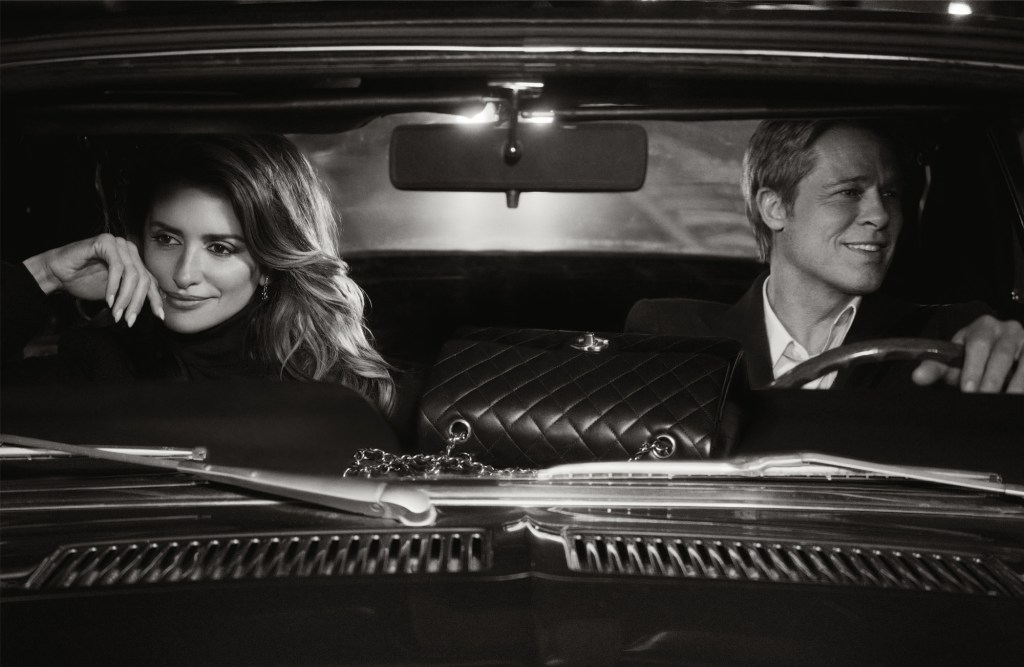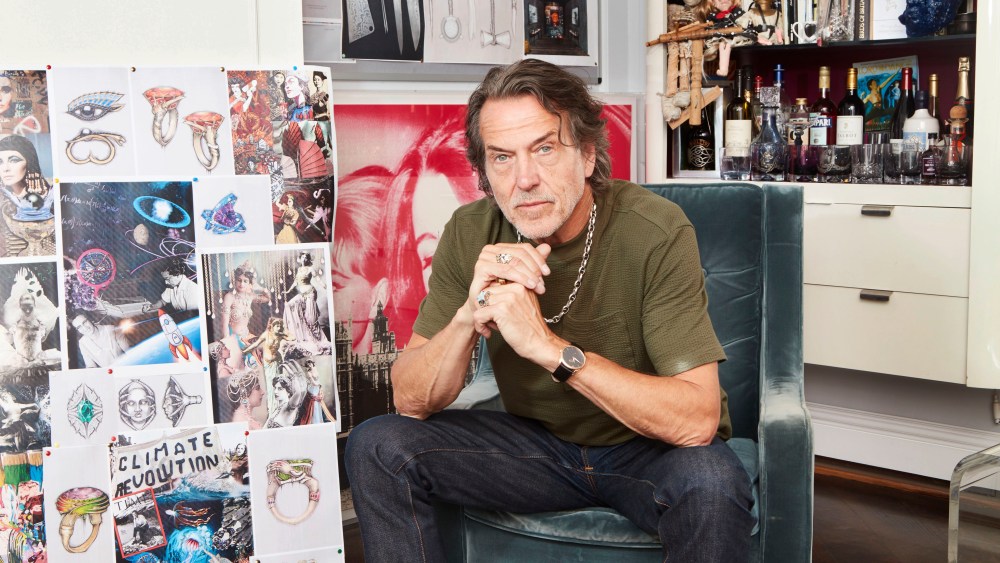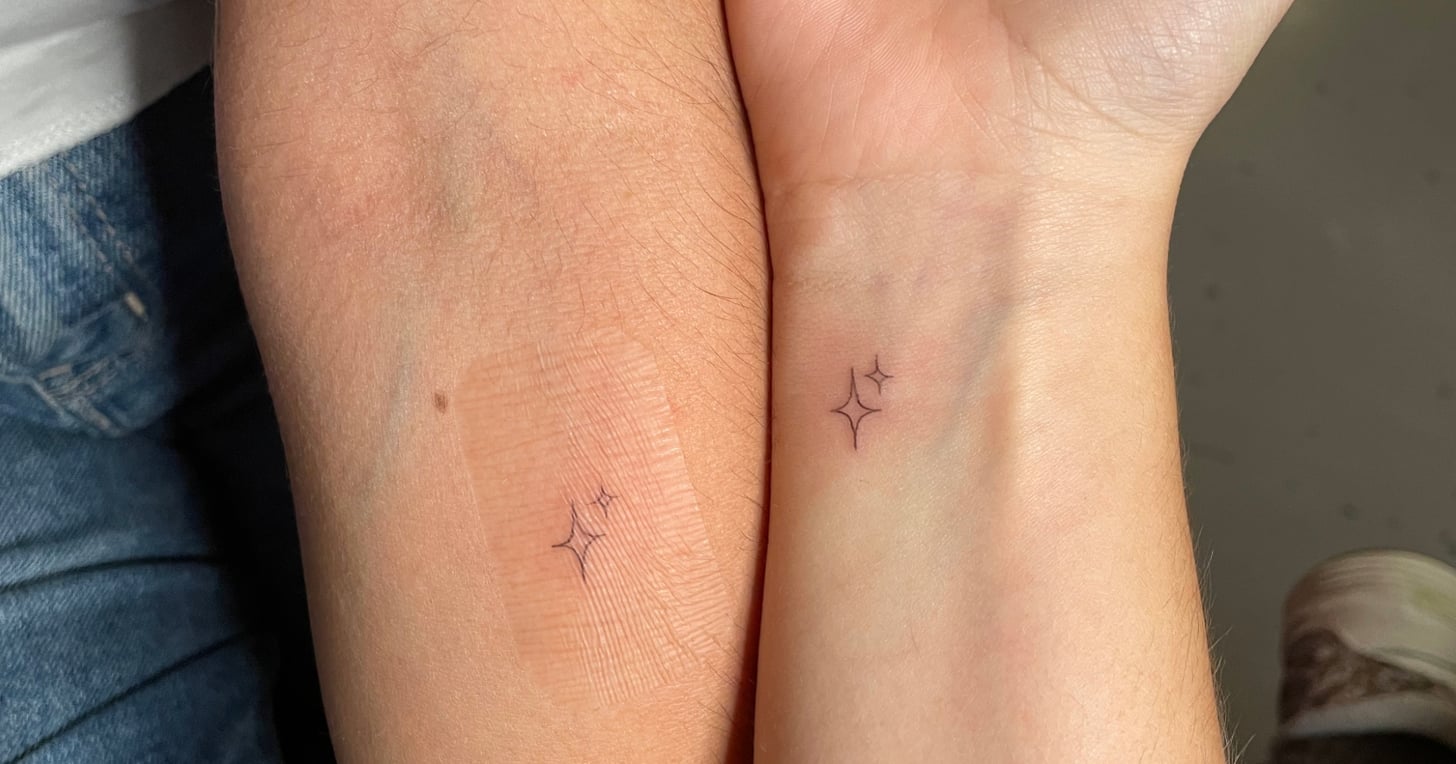PARIS — With a high-profile advertising campaign featuring Brad Pitt and Penélope Cruz, Chanel is launching a major push in the handbag category designed to set it apart from competitors and underline the long-term value of its classic flap bag.
The French luxury house unveiled the film earlier this week at the start of creative director Virginie Viard’s fall ready-to-wear show, ahead of a global launch on March 27 that will include print, outdoor, cinema and digital, including paid social advertisements.
“For us, the bag is one of the icons of the brand and to talk about an icon, who better than two icons?” Bruno Pavlovsky, president of fashion and president of Chanel SAS, told WWD in an exclusive interview.
Chanel decided to make the focus its 11.12 handbag, a reinterpretation of the 2.55 handbag launched by Karl Lagerfeld when he took the creative helm of the house in 1983.
In recent years the brand has steadily raised the price tag of its star product, placing it in the same bracket as rival Hermès while launching trademark infringement lawsuits against luxury secondhand retailers The RealReal and What Goes Around Comes Around.
As it prepares for another round of price increases, the house wants to emphasize the longevity of the design, which guarantees that unlike its seasonal offerings, it will never go out of style.
“Aside from ready-to-wear, this bag is the only thing that Mademoiselle Chanel, Karl and Virginie have in common. It’s the one you see again and again on the runway,” Pavlovsky said.
“At Chanel, we like to call it a ‘couturière’ bag,” the executive continued, noting that founder Gabrielle “Coco” Chanel was inspired by men’s military satchels to create her signature bag with chain straps.
“The way it’s constructed and produced is really in a ‘couturière’ style because it’s sewn and turned inside out. It’s constructed like a jacket,” he explained. “That’s what sets us apart from many other brands in terms of technique. We approach it as fashion, not necessarily as leather goods.”

The campaign film, directed by Inez van Lamsweerde and Vinoodh Matadin, shows Pitt and Cruz reenacting the roles originally played by Anouk Aimée and Jean-Louis Trintignant in the classic French film “Un homme et une femme” (“A Man and a Woman”) — including the restaurant scene where they flirt with a Chanel bag conspicuously placed on the table.
Marion Destenay Falempin, image director for fashion at Chanel, said director Claude Lelouch gave his permission for the remake, and even makes a cameo walking his dog on the boardwalk in the French seaside town of Deauville, where the ads were shot.
“He told us that the Chanel bag placed on the table was the one that Anouk Aimée used in real life,” she said, noting that Aimée was a close friend of Coco Chanel.
“When we were thinking about who would be this iconic couple in 2024, 57 years after the original film, Penélope Cruz immediately came to mind, because she really carries forward the history of seductive, inspiring and strong women at Chanel,” Destenay Falempin said.
Cruz has been a face of Chanel since 2018, and Viard had long wanted to bring back Pitt, who in 2012 became the first male ambassador for its bestselling No.5 perfume. The two actors costarred in Ridley Scott’s 2013 crime thriller “The Counselor” but had never been cast opposite each other as romantic leads.
“It was through this campaign and this shoot that they finally met,” said Destenay Falempin. “Virginie loves New Wave cinema, and so does Penélope. And Brad sang the ‘da ba da ba da’ theme song for three days straight. We ended up singing it all together.”
Chanel is a partner of the Deauville American Film Festival, which this year celebrates its 50th anniversary, so the timing of the homage made sense. Beyond that, Deauville was where Chanel launched her business in 1912, revolutionizing fashion with her sleek, fluid designs that helped to liberate women from their corsets.
The company has since grown into a megabrand, with revenues of $17 billion in 2022, up 17 percent year-on-year. Roughly half of those gains were due to price increases, and the rest volume, according to chief financial officer Philippe Blondiaux.
For the past few years, Chanel has increased its prices in March and September, and Pavlovsky confirmed another round of hikes was imminent, despite the slowdown in luxury spending that is causing many brands to ease up on price increases. He declined to provide additional details, except to say the rise will be in line with inflation.
“We’re not chasing a market positioning, but we’re raising our prices to cover our costs. Most of our competitors have already increased their prices this year. We haven’t raised ours, so yes, there will be an increase fairly soon,” he said.
With regional price differentials smoothed out, the increase will be the same everywhere, except for Japan, where prices will go up a little extra to compensate for the weakness of the yen, he added.
The price of a Chanel Medium Classic bag has gone from $5,800 in 2019 to $10,200 in 2024, an increase of 75 percent, according to New York-based reseller Madison Avenue Couture. While the current price matches the one on Chanel’s website, the brand said it does not confirm historical data.
Its strategy of exclusivity has prompted grumbling from certain customers, with some even threatening a boycott, but Pavlovsky was sanguine.
“Price increases can become an issue when the quality doesn’t match the cost. We work very hard continuously to reinforce the quality of our products,” he said, citing growing competition to source the best quality leather and the cost of training staff.
“The iconic bag requires 278 steps, and that’s a real skill. Before they can master every stage, craftspeople must spend several years in the workshop. That’s something we want to preserve now more than ever, so we will pay what it takes to ensure the quality of our products is always beyond reproach,” he added.

He believes connoisseurs of the brand understand that its lambskin tends to be more fragile than grained calfskin — an indirect response to those that have complained of wear and tear on the delicate material. “It’s really the most sophisticated, the most exceptional quality, so you have to be more careful,” Pavlovsky said.
“I understand the price may be perceived as very high, but we’re talking about a luxury product, so not everyone is able to deliver that. People also come to us for this historic know-how of the brand, which in my opinion justifies the price,” he added. “When you talk about watches and cars, you see that there’s no limit.”
While Chanel maintains it does not implement quotas, Pavlovsky noted it has waiting lists for certain styles. And he sought to reassure clients that the brand is not trying to block them from reselling their bags, despite its recent win against What Goes Around Comes Around following a protracted battle in a New York federal court.
“Our customers are free to sell their products on the secondary market. That’s fine by us,” said the executive, who added the onus is on sellers to provide sales receipts and certificates to verify the authenticity of the goods, since Chanel considers that resale platforms are not qualified to provide that service independently.
“We call on marketplaces to respect the brands,” he continued. “You can’t use brand codes without permission. That’s the first thing. And secondly, only Chanel, or only the original brand, can authenticate its products.”
With bag prices easily in the five figures, Chanel has been adding private salons to most of its stores, including its recently reopened shop-in-shop at department store Galeries Lafayette’s flagship in Paris. “If you look at the last 10 years, the average size of our stores has virtually doubled because we need these intimate spaces for customers who require privacy,” he explained.
In addition, the brand is opening more dedicated spaces for its “Chanel & moi” program, which offers after-sales services including restoring and repair. Each bag or wallet on chain comes with a five-year warranty.
“We plan to open them in virtually all the big cities where we have a presence,” Pavlovsky said. After Hong Kong, Japan and London, the next locations will be in South Korea and New York City.


